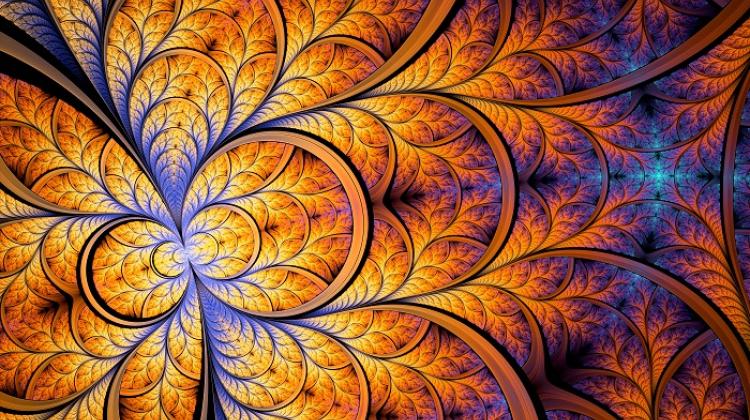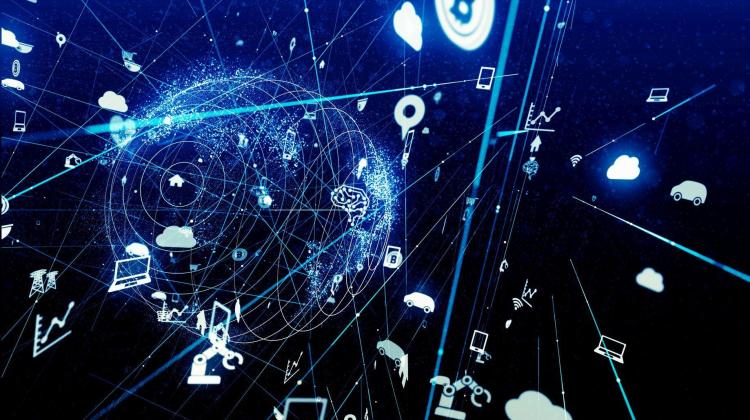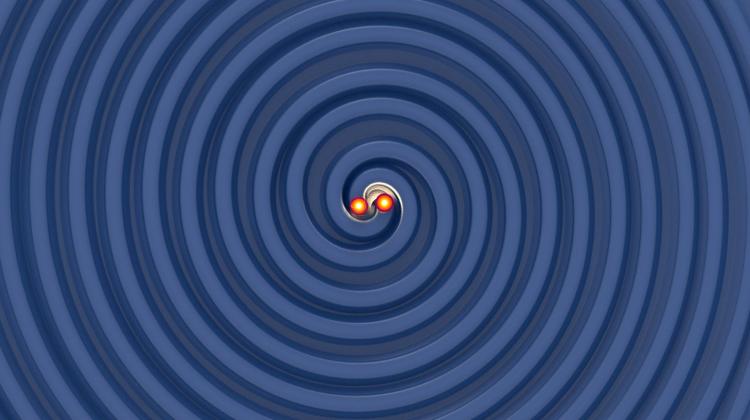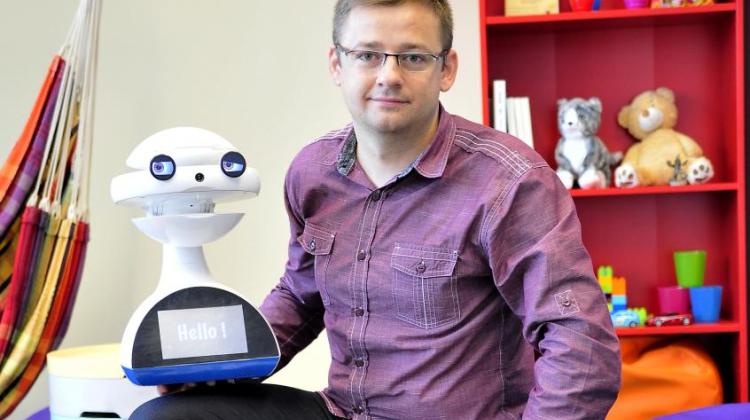Polish scientists among the winners of EUCYS - European competition for young scientists
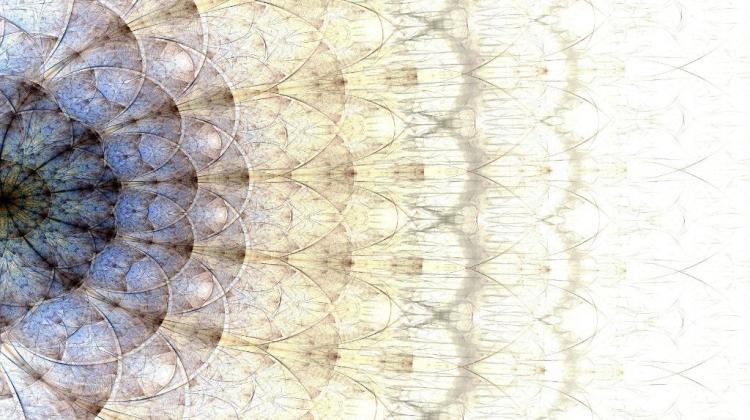 Photo: Fotolia
Photo: Fotolia
Kamil Humański from Szczecin won one of the three second prizes in the European Union Contest for Young Scientists - EUCYS 2017. Humański, Aleksander Kostrzewa and Adam Klukowski received additional prizes and awards. The final gala of the competition was held on Tuesday in Tallinn.
European Union Contest for Young Scientists (EUCYS) has been organized by the European Commission since 1989. The aim of the competition is to encourage young people to develop their interests and start a career in science.
This year, 89 projects from 38 countries were submitted to EUCYS finals. Poland was represented by three winners of the national stage of the competition, which is organized annually by the Polish Children\'s Fund: Kamil Humański from Szczecin, Aleksander Kostrzewa from Warsaw and Adam Klukowski from Piaseczno.
The three EUCYS2017 first prizes (7,000 euros each) went to Karina Movsesjan from the Czech Republic; Adam Jan Alexander Ohnesorge from Switzerland; Danish Mahmood from Canada.
The three second prizes (5 thousand euros each) were awarded to Kamil Humański from Poland; Yana Zhabura from Ukraine; Colette Benko from Canada.
The third prize (worth 3500 euros each) went to: Chavdar Tsvetanov Lalov from Bulgaria; Arne Jakob Geipel, Matthias Paul Grützner and Julian Egbert from Germany; Florian Cäsar and Michael Plainer from Austria.
In addition to second prize, Humański also received the Stockholm International Youth Science Seminar (SIYSS) prize and the entry ticket to the Nobel Prize ceremony.
Humański presented the project "Taxonomic diversity of the Middle Ordovician - early Silurian echinoderms from Siljansringen, Sweden". The Siljansringen area is unique on a European scale. Fossils of animals, twice as old as dinosaur fossils, are at hand there. At the same time, the area is relatively poorly researched. The most evolutionarily advanced life froms from 460 million years ago are echinoderms from the Crinoidea and Cystoidea classes, related to the present day crinoids. Their bodies were protected by hard skeletons that survived millions of years. Modern day crinoids are soft - they have learned to produce toxins, due to which they are not worth eating.
Aleksander Kostrzewa, also noticed in the competition, received second Joint Research Center (JRC) Prize. JRC is the European Commission\'s Directorate-General, which consists of seven scientific institutes from five EU countries (Belgium, Germany, Italy, the Netherlands and Spain). Kostrzewa won a stay at the Ispra site in Italy.
Kostrzewa prepared the project " A comparison of primates\' memory and learning skills, with use of an interactive platform in the Warsaw Zoological Garden". The study involved black-and-white ruffed lemur, golden-bellied capuchin, and Diana monkey. The young scientist studied the time in which individual lemurs, capuchins or Diana monkeys took food from an interactive platform (a container with sliding lids). Once they learned how to do that, they remembered for years. Of these three species, Diana monkeys turned out to be the fastest learners.
The third Polish representative - mathematician Adam Piotrek Klukowski from Piaseczno (the project "Polynomials with floors") was awarded by the company Wolfram Research. Klukowski received a one-year license for research computer programs "Mathematica" and "WolframAlphaPro".
The awards during the ceremony on Tuesday were presented by the President of Estonia Kersti Kaljulaid. In her speech, she pointed out that only scientists are able to identify the dangers of the future and therefore she has high hopes for young scientists.
Winners of national competitions compete in the EUCYS finals. The subjects of projects include science, natural sciences, technology, and recently - also humanities and social sciences. Each country may submit up to three projects. Each project can have up to three authors. In addition to the Europeans, representatives of China, Egypt, Israel, Canada, South Korea and the US also compete. The best young scientists have the opportunity to win cash and other prizes, as well as invitations to internships at prestigious European research centres.
Young scientists from Poland take part in the competition since 1995. Since that time, the international jury has awarded 37 projects from our country. So far (including this year\'s awards), Polish scientists have won 25 main prizes and 28 additional prizes. This result is similar to that of the United Kingdom, with more awards being won only by young Germans. The winners of the competition are today distinguished students, PhD students and young researchers.
Paweł Wernicki from Tallin, Ludwika Tomala (PAP)
PAP - Science and Scholarship in Poland
lt/ pmw/ agt/ kap/
tr. RL
Przed dodaniem komentarza prosimy o zapoznanie z Regulaminem forum serwisu Nauka w Polsce.


